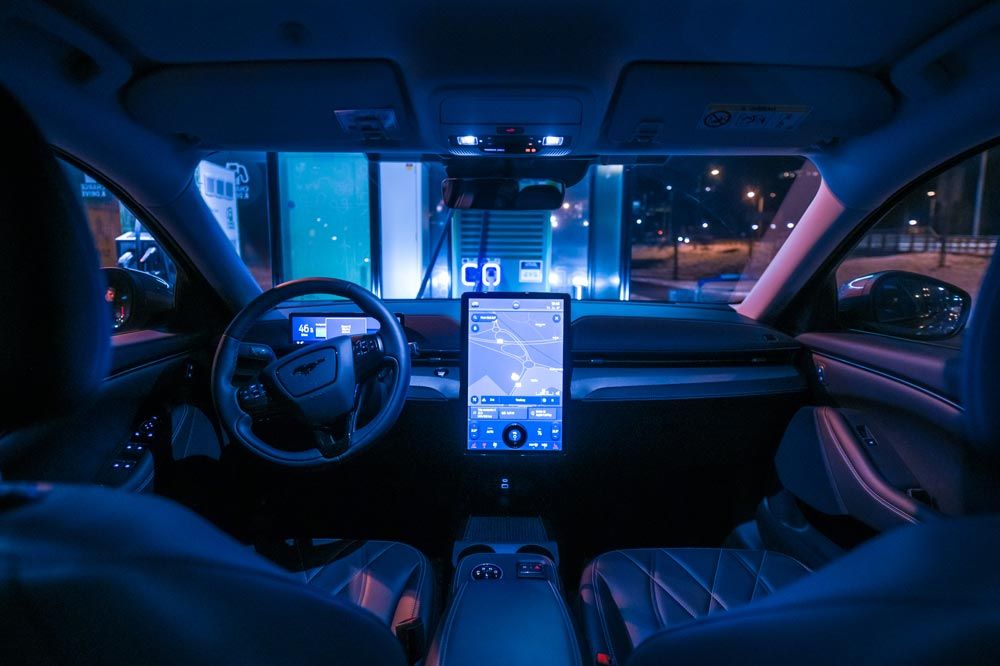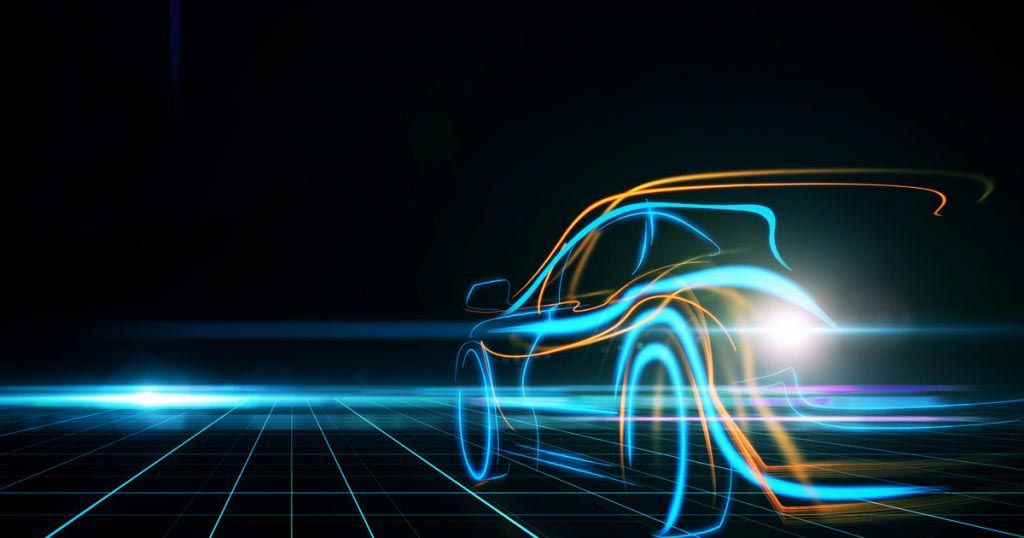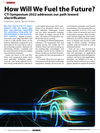How Will We Fuel the Future?
CTI Symposium 2022 addresses our path toward electrification
My first trip to the CTI Symposium USA six years ago was eye-opening regarding the ambitious forecasts for electrification in the automotive industry. Hybrid transmissions took center stage back then with a hint at a fully electric future on the horizon. Individual components were showcased in the expo hall as well as the technology sessions. Optimism for self-driving vehicles, e-mobility and the switch from ICE to electric vehicles was somewhat restrained.
Today, the future of EV and HEV drives and components looks much more attainable. Individual components are now being replaced by systems being coordinated by software in a new digital microcosm. GM is committed to an all-electric future. So is Ford, Stellantis, Volkswagen, Toyota and any other automotive company that wishes to remain relevant in 20 years. The latest CTI Symposium confirmed this electric journey.
According to Dr. Hamid Vahabzadeh, chairman, CTI Symposium USA and strategy advisor, AVL GmbH, the CTI Advisory Board has been focusing on the leading-edge technologies and providing a forum for the industry to debate and discuss the latest technologies needed for the next generation of vehicles.
CTI started about 20 years ago as a transmission and driveline technology symposium. Initially, the focus was on conventional automatics and manual transmissions. Over the years, this coverage expanded to DCTs, CVTs, and a wide variety of advanced and novel transmission concepts. Most recently, as the industry began the pivot to electrification, he said the industry shifted focus to hybrids and covered a wide range of hybrid concepts including modular (add-on) hybrids as well as dedicated hybrids.
“Now we see a clear transition to Battery Electric Vehicles (BEV) for light duty and passenger car applications and potentially fuel cell technologies for medium and heavy-duty applications. Therefore, our ambition is to stay on top of the trends, and focus our content, papers, speakers to capture the industry challenges in this area and invite speakers that are working on advanced BEV systems and sub-system technologies including; new batteries, e-motors, e-axles, power electronics and grid integration. Facilitating the debates via panel discussions to prep the engineering community on how quickly changes are coming,” Vahabzadeh said.








 Power Transmission Engineering is THE magazine of mechanical components. PTE is written for engineers and maintenance pros who specify, purchase and use gears, gear drives, bearings, motors, couplings, clutches, lubrication, seals and all other types of mechanical power transmission and motion control components.
Power Transmission Engineering is THE magazine of mechanical components. PTE is written for engineers and maintenance pros who specify, purchase and use gears, gear drives, bearings, motors, couplings, clutches, lubrication, seals and all other types of mechanical power transmission and motion control components.